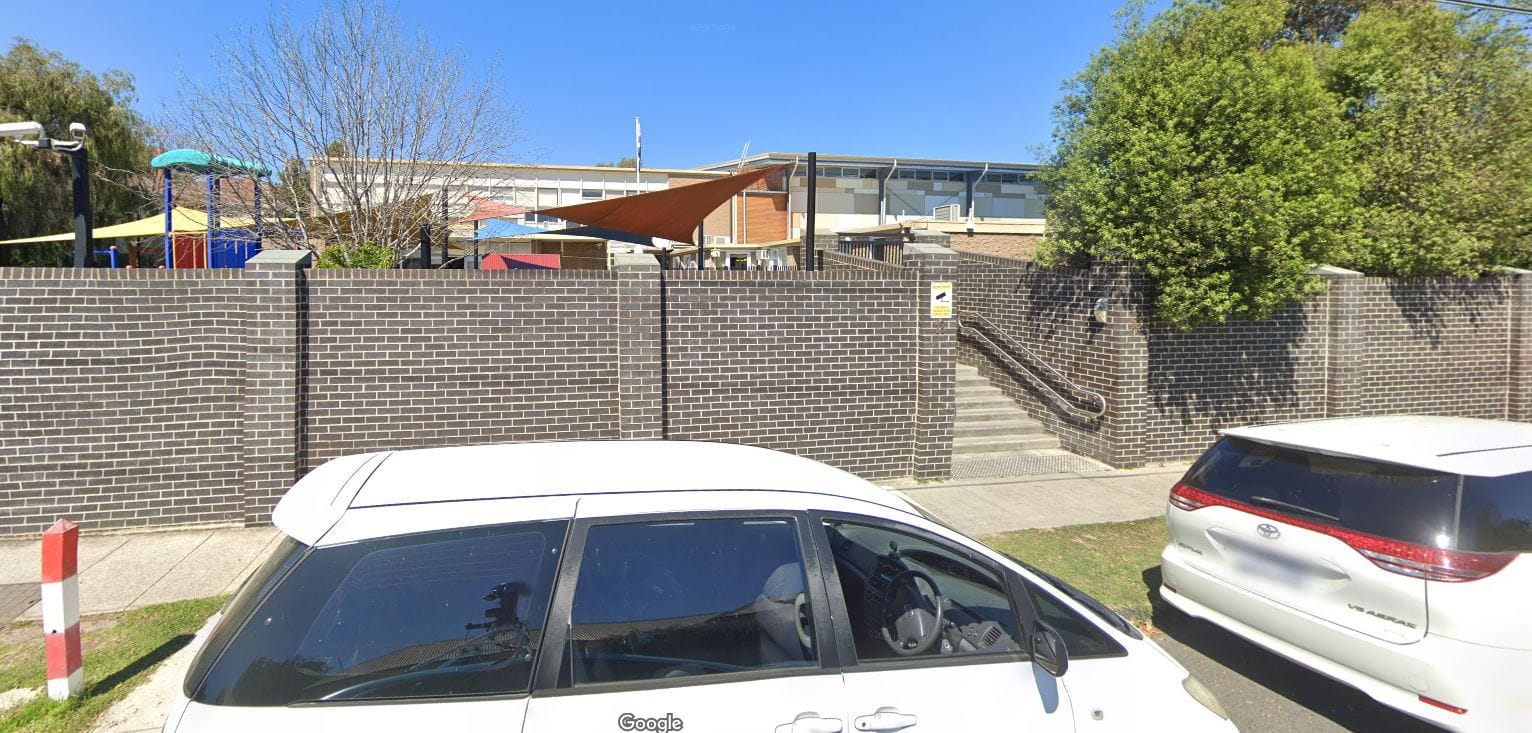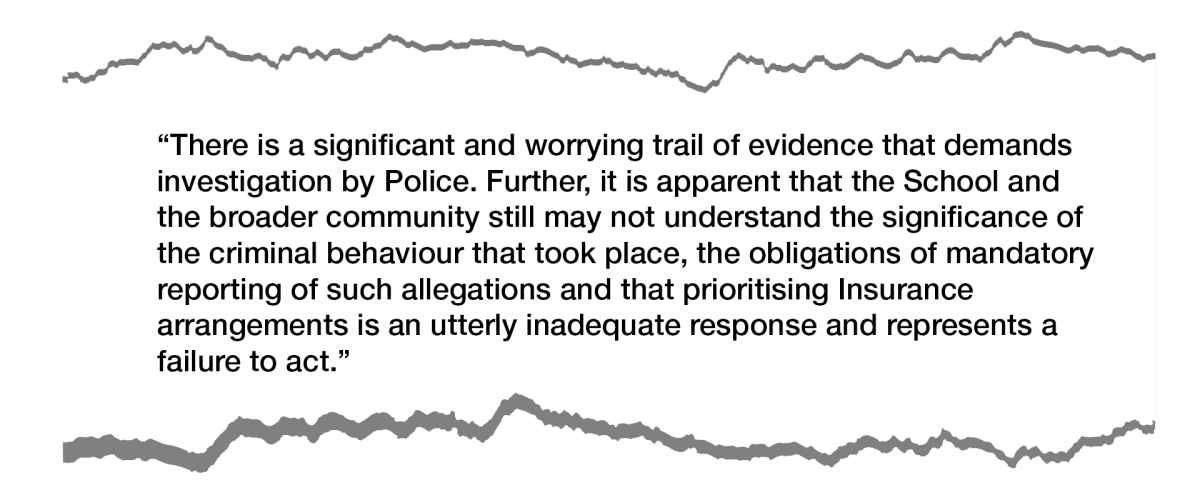
In April 2023, a Melbourne court found Malka Leifer, the 56-year-old former principal of the Jewish, ultra-orthodox Adass Israel School, guilty of 18 sexual offences including rape and indecent assault committed against two female students from approximately 2003-08. Leifer is due to be sentenced on 24 August, 2023 which would appear to bring existing criminal hearings to a close.
However, in early June 2023, the Victoria Police announced that they would reopen an earlier investigation into actions allegedly taken by members of the Adass Israel School board and other community members to facilitate Leifer’s sudden flight from Australia to Israel in March 2008. That departure enabled Leifer to avoid justice for nearly 13 years until she was finally extradited to Australia in January 2021 following 74 separate court hearings.
Police reopen probe into school board that allegedly helped Malka Leifer flee to Israel https://t.co/GskDVNCJIQ— Religion and State (@religion_state) June 7, 2023
The Victoria police decision appears to have been prompted by a joint letter from former Victorian Liberal Party Premier Ted Baillieu and former State Labor Party Minister Philip Dalidakis urging the police to further examine the role played by Adass Israel in assisting Leifer’s escape.
In their letter, Baillieu and Dalidakis extensively quoted from an earlier 2015 Supreme Court civil hearing into a claim by a child sexual abuse survivor, Dassi Erlich, against the Adass Israel school. They argued that the civil hearing “sets out a number of facts that provide a strong case to support charges against those involved”, and listed the names of multiple representatives of Adass Israel who were allegedly involved in facilitating Leifer’s departure.

The police response to their letter advised that earlier investigations into the Adass school board had been suspended whilst the criminal proceedings against Leifer were proceeding, but given the latter were now finalised, the associated investigation could now recommence.
According to that 2015 civil hearing presided over by Justice Jack Rush, an Adass Israel School teacher, Sharon Bromberg, had reported serious allegations against Leifer at three separate meetings within one week to at least 10 people active and respected in the Adass community. These included a number of senior Rabbis, a community barrister (now deceased), a clinical and forensic psychologist, and a number of senior members of the Adass school board. Following those meetings, the school board organised an urgent late-night airline booking (with tickets paid for by the Adass Israel School) for Mrs Leifer and four of her children to return to Israel.
In his judgment, Justice Rush, insisted that the school board had been aware of eight “separate allegations of sexual misconduct involving Leifer and girls at the school, in addition to the initial complaint against Leifer, and that these allegations amounted to Leifer being a serial sexual abuser”.
He expressed vigorous criticism of the school’s failure to inform the police of what he termed “allegations of serious criminal conduct by Leifer”, and their actions in “facilitating Leifer’s departure from this jurisdiction in the face of such serious allegations”.
“The conduct of the board is deserving of the Court’s disapprobation and denunciation. I have no doubt that the conduct was deliberate. The conduct of Messrs [Yitzhok] Benedikt and [Mark] Ernst on behalf of the board in facilitating the urgent departure of [Malka] Leifer was likely motivated by a desire to conceal her wrongdoing and confine and isolate the conduct and its consequences to within the Adass community.
It is apparent that either it was not a priority for Messrs Benedikt or Ernst that Leifer answered to the criminal law of this state or that this state’s jurisdiction was deliberately flouted; upon consideration of the manner in which the school arranged for Leifer’s departure from the country I find the deliberate flouting of jurisdiction the most likely motivation...
The conduct amounts to disgraceful and contumelious behaviour demonstrating a complete disregard for Leifer’s victims, of which the plaintiff was one. The conduct demonstrates a disdain for due process of criminal investigation in this state.”
Given these findings, the question remains as to what legal breaches might be applicable in this case.
Option 1: Mandatory reporting of child abuse
The first is the possibility that the Adass Israel School board and/or community members breached mandatory reporting laws. Mandatory reporting of child abuse was introduced in Victoria in 1993 for selected professional groups such as doctors, nurses, registered psychologists, police, school teachers and principals, and operators and employees of children’s services were mandated shortly afterward, on 18 July 1994:
In November 1993, the Victorian government Department of Health and Community Services published a 25 page booklet titled Child Sexual Abuse: Understanding and Responding which was distributed to every school in Victoria. The booklet discussed manifestations of child sexual abuse, initial and longer-term detrimental effects, and potential barriers to disclosure and reporting. It also refuted common myths around child sexual abuse including that it is harmless to children.
It seems likely that a number of the Adass representatives involved in meetings/consultations prior to Leifer’s departure failed to meet their professional requirements to report the child sexual abuse allegations concerning Leifer to the appropriate authorities. However, to date, there has been only one prosecution of failure to report child abuse in Victoria, and it was unsuccessful. That occurred in 1997 when a primary school principal was found not guilty on the grounds that she had not formed a reasonable belief that the young victim (a five year old boy) had been sexually abused.
Option 2: A breach of criminal laws pertaining to a duty to report a crime
The second is that Adass representatives, and/or others involved, may have breached the duty outlined in the Crimes Act 1958 – Section 326 Concealing offences for benefit. That duty requires that whereby ‘a person has committed a serious indictable offence, any other person who, knowing or believing that the offence…has been committed and that he has information which might be of material assistance in securing the prosecution or conviction of an offender for it, accepts any benefit for not disclosing that information shall be guilty of a summary offence and liable to level 8 imprisonment (1 year maximum).
The Act emphasises that the ‘benefit or advantage’ gained from concealing an offence does not have to be in the form of ‘money or money’s worth’.
Hence in this case, the legal question is whether the actions of ADASS (given Justice Rush’s comments cited above) could be interpreted judicially as significantly benefiting the Adass community at the expense of the well-being of Leifer’s victims.
Option 3: Accessorial liability – assisting an offender to escape prosecution
The third is that Adass possibly breached Section 325 Accessories of the Crimes ACT 1958, which renders a person guilty of an offence if they "knowing or believing the principal offender to be guilty of the principal offence or some other serious indictable offence … commit any act with the purpose of impeding the apprehension, prosecution, conviction or punishment of the principal offender".
In the light of Justice Rush’s comments above, it may be construed that Adass representatives had knowledge of multiple criminal offences allegedly committed by Leifer, yet aided her to escape criminal investigation or prosecution.
Acknowledgement: We are very grateful to Professor Ben Mathews, Australia’s leading authority on child maltreatment and the law, for carefully explaining the details of these possible legal parameters.





